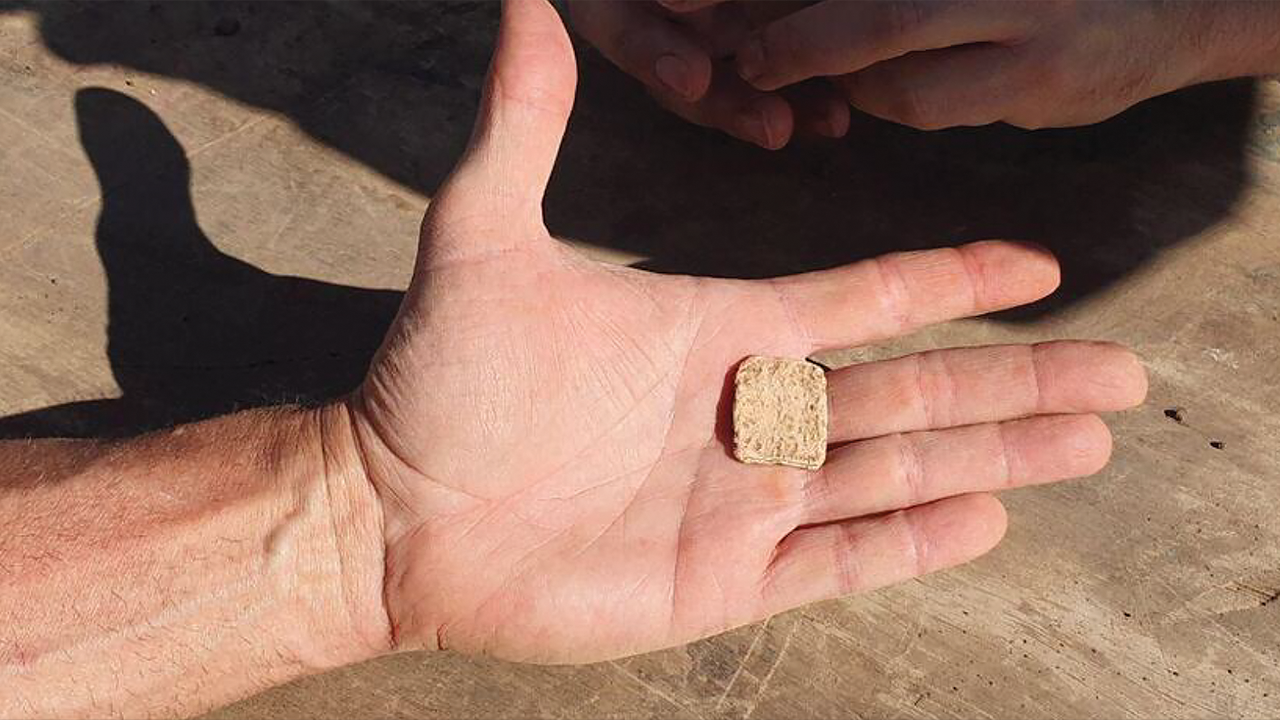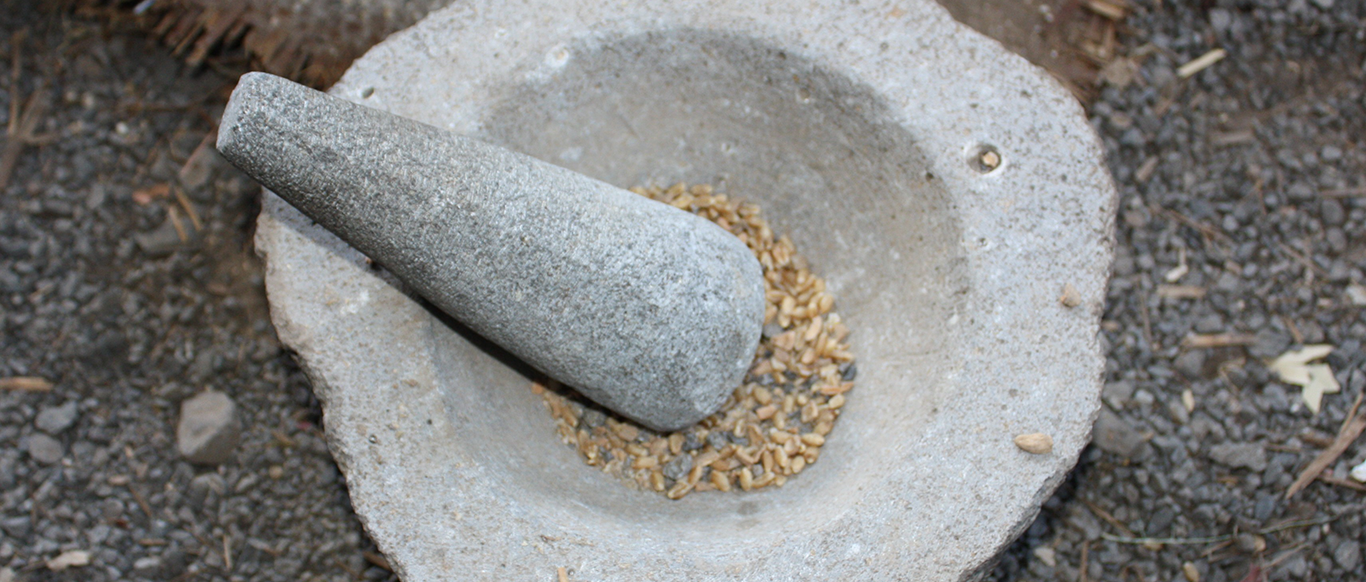Evidence continues to emerge that shows remarkable alignment with biblical texts
Numerous people and publications discount the historical reliability of the Bible, often based on decades old assertions that cast doubt on the veracity of Scripture. The refrain, “There is no evidence…” commonly precedes skepticism about stories in the book of Genesis, Hebrews in Egypt, the Exodus, the Israelite Conquest, and more.
At the time they were written, many of these statements were not necessarily lies, but assertations based on opinions of interpretations of purportedly demonstrable conclusions. For example, when 20th century excavations at Jericho (an uncontested location) and Ai (a contested location) did not seem to yield evidence matching the biblical stories, widespread doubt about the reliability of the Bible ensued and influenced millions.
However, new evidence, improved archaeological methods, and scientific advances in the decades since – along with reexaminations of old excavations and interpretations of findings – shows remarkable alignment with biblical texts. Archaeological research scheduled for publication this year related to three early Conquest sites have the potential to cause a gigantic tilt in the balance of evidence favoring fact over fiction concerning the historicity of the Bible.




